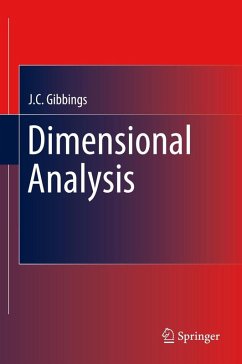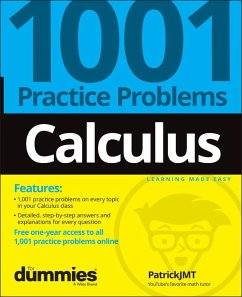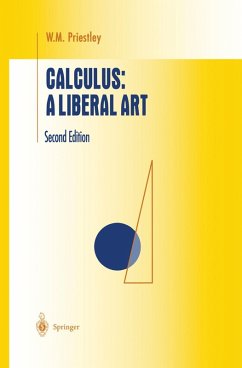
Thomas' Calculus: Early Transcendentals, eBook, SI Units (eBook, PDF)
Versandkostenfrei!
Sofort per Download lieferbar
42,95 €
inkl. MwSt.
Weitere Ausgaben:

PAYBACK Punkte
21 °P sammeln!
Thomas' Calculus: Early Transcendentals goes beyond memorizing formulas and routine procedures to help you develop deeper understanding. It guides you to a level of mathematical proficiency, with additional support if needed through its clear and intuitive explanations, current applications and generalized concepts. Technology exercises in every section use the calculator or computer for solving problems, and Computer Explorations offer exercises requiring a computer algebra system like Maple or Mathematica. The 15th Edition adds exercises, revises figures and language for clarity, and updates...
Thomas' Calculus: Early Transcendentals goes beyond memorizing formulas and routine procedures to help you develop deeper understanding. It guides you to a level of mathematical proficiency, with additional support if needed through its clear and intuitive explanations, current applications and generalized concepts. Technology exercises in every section use the calculator or computer for solving problems, and Computer Explorations offer exercises requiring a computer algebra system like Maple or Mathematica. The 15th Edition adds exercises, revises figures and language for clarity, and updates many applications.
Dieser Download kann aus rechtlichen Gründen nur mit Rechnungsadresse in A, B, BG, CY, CZ, D, DK, EW, E, FIN, F, GR, HR, H, IRL, I, LT, L, LR, M, NL, PL, P, R, S, SLO, SK ausgeliefert werden.













